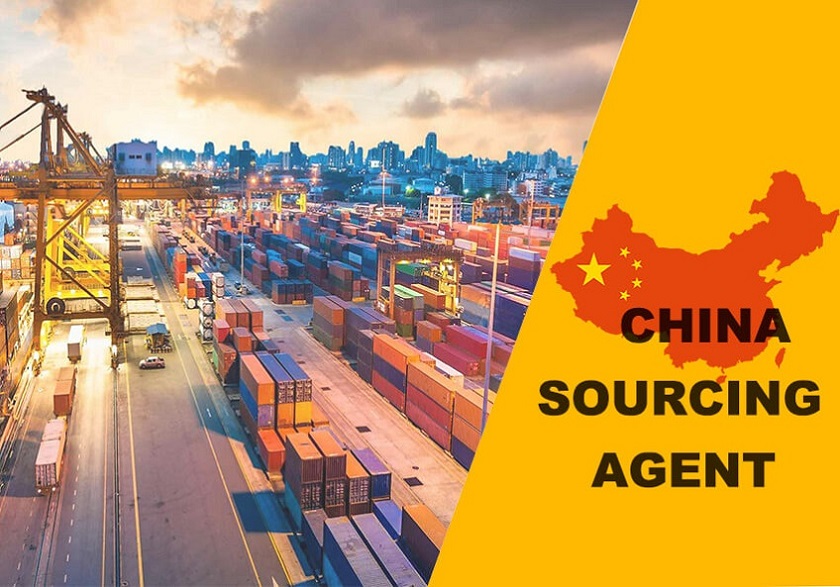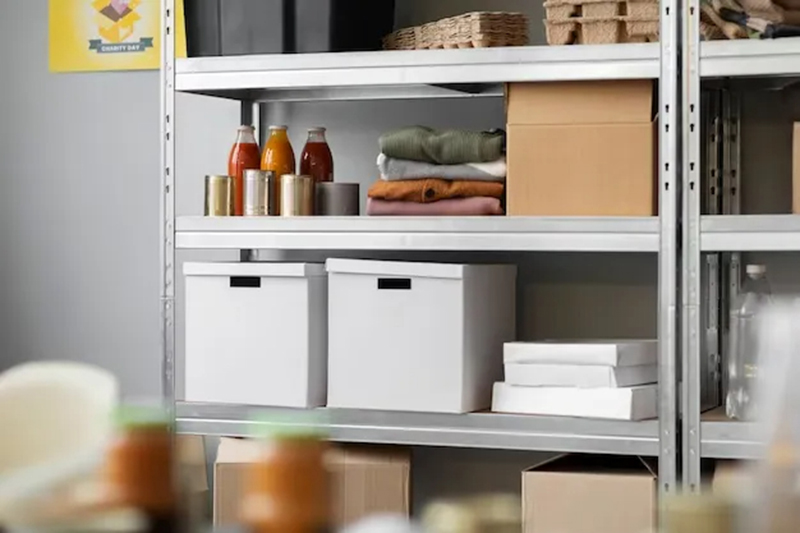How to Improve Communication with Suppliers
2018-07-05 15:30:14
Have you ever been in a situation where you found it difficult to communicate with overseas suppliers? You think they understand your needs, and they keep silent, and then don not answer to you. Let's be clear first.The English of Chinese suppliers may not be as good as you think. Sellersunion Online has 20 years experience in foreign trade, we are very understand the problems in communication with suppliers, we summed up the three tips on how to improve communication with suppliers.
1.Keep email simple to improve communication with suppliers
Sometimes we see customers sending a large number of emails to suppliers in a short period of time - all related to the same problem. These e-mails sometimes contain technical English terms, local slang or spelling mistakes.
You may that the supplier's English is very good. But it is possible that they copied the emails directly into the online translation so that they could understand the meaning of their native language.
If you have many different emails and use complex language or spelling errors, it's easy to misunderstand the vendor because they don't understand the key points clearly.
Our advice is to keep an email chain as simple as possible. Use short words, short sentences, and simple bullet points for suppliers to respond to each point.
The Hemmingway App is a useful tool to help you write in simple English. This will review your text and highlight areas that can be improved and shortened for easy reading.
2. Follow up telephone calls to improve communication with suppliers
Contact by phone is a way to quickly improve communication with suppliers. If the supplier does not respond to the email within a reasonable period of time, or simply does not respond under normal circumstances, please follow up the phone to understand what is happening.
If you are waiting for the vendor to respond to a specific email, check the points over the phone so you can determine if they really understand the points raised.
When dealing with suppliers, not receiving any news is the same as receiving bad news, especially if it is a Chinese supplier. Chinese suppliers often simply don't respond to customers' inquiries to hide bad news. Generally speaking, silence means there is a problem, or something is not understood and needs to be clarified.
A factory in Asia usually doesn't reach out and say, "we don't understand that, can you explain that?" Because it can lead to loss of face. However, if you call a supplier and ask what happened, they may tell you the truth.
If the factory cannot understand a concept orally, go back to basics. Pretend you're explaining this to your 5-year-old nephew. Speaking slowly in a simple way will greatly help ensure that the supplier understands.

3. Limit the number of contacts to improve communication with suppliers
Handling large Numbers of people does complicate your order. This is why minimizing the number of people you talk to can improve communication with suppliers. Ideally, you will have a key contact person from your organization who ACTS as
Supplier handling. Again, it's best to communicate through a single key contact from a factory or supplier.
While it's hard to deal with large factories and big customers for multiple projects, the more people involved, the more likely it is to be misreported.
Where possible, assign a key person to be the key person in the processing plant. That person should be sensitive to local culture and able to communicate in plain English.
It is not easy to communicate across borders. Sometimes, we should pay attention to the customs of different countries. If you really feel boring when you communication with suppliers for , you can email to us, let us help you to communicate, this not only save time, may also can avoid error, so as to avoid adverse to loss.
-
The Ultimate Guide to Importing from China with a Yiwu Agent
2024-11-14 15:47:47 -
Wholesale Storage Boxes: Convenient Solutions for Diverse Needs
2024-07-08 16:37:33 -
How to Buy Cheapest Toys from China Directly ?
2024-07-08 16:21:06










